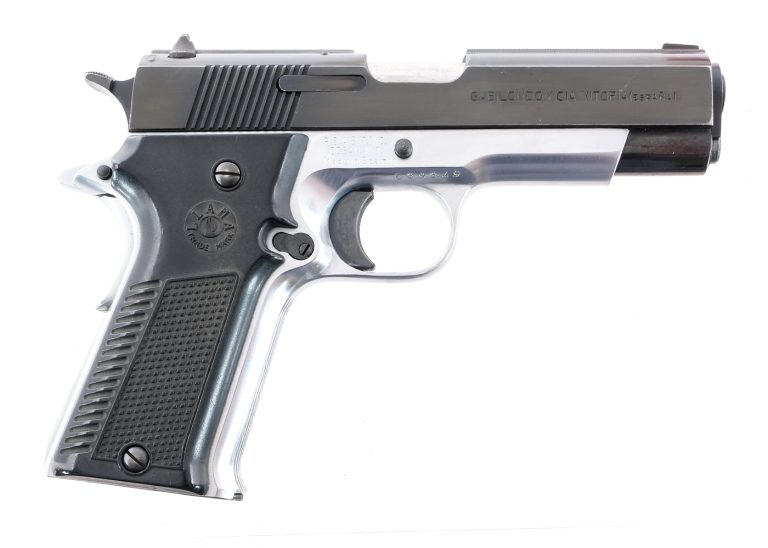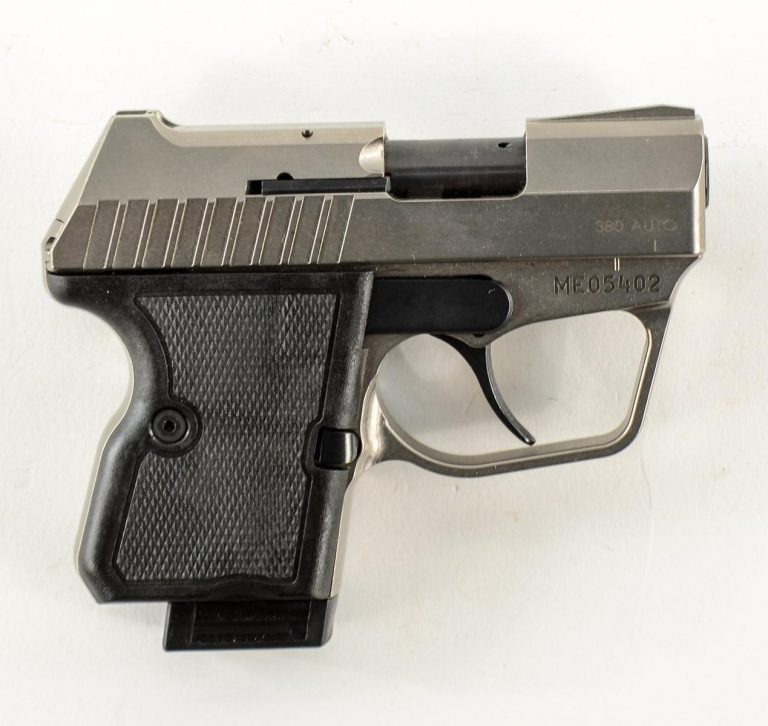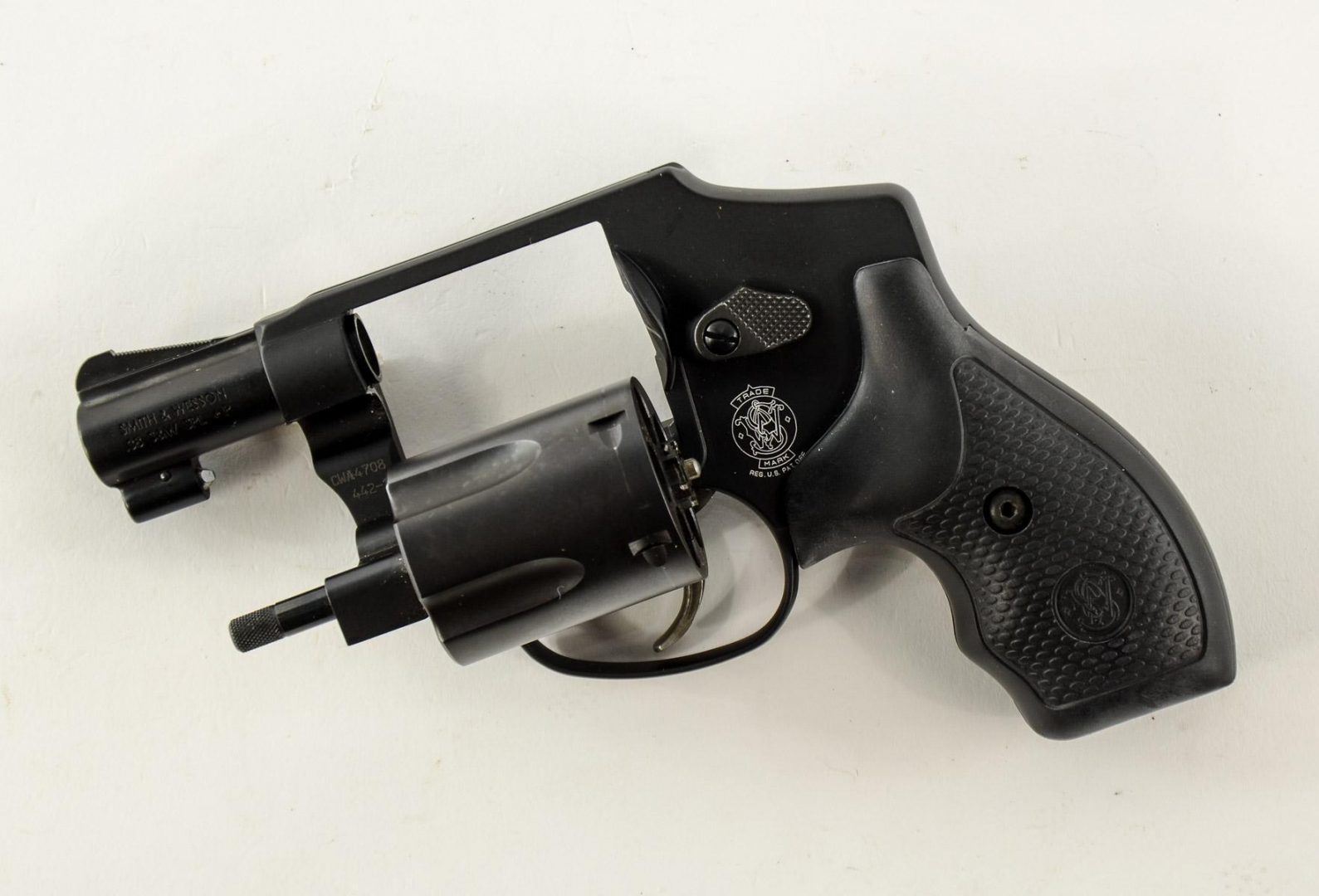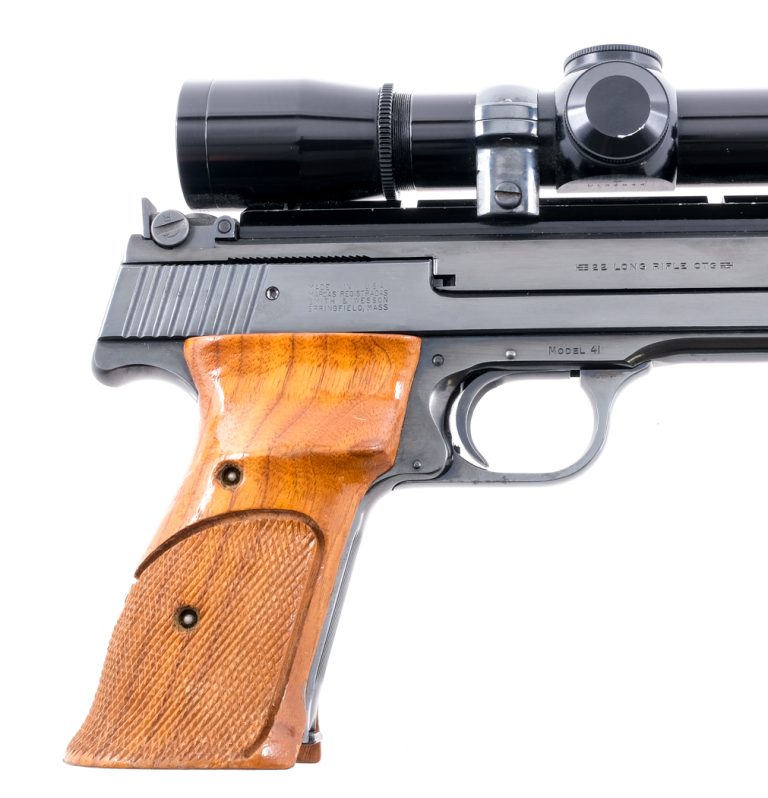Essential Guide to Selling Guns in Utah: Legal Steps and Safe Practice Tips
- Home
- Essential Guide to Selling Guns in Utah: Legal Steps and Safe Practice Tips
Imagine you’ve just inherited a beautiful, antique handgun from your grandfather. You’re not a gun enthusiast, but you know someone out there would treasure this piece of history. Selling guns in Utah might seem daunting, but it’s actually more straightforward than you’d think. Whether you’re a first-time seller or a seasoned pro, understanding the ins and outs of Utah’s firearm laws can make the process smoother and safer.
In Utah, private gun sales offer a unique flexibility. Unlike many states, you don’t need a background check for private transactions. But, both the buyer and seller must meet certain criteria to keep things legal. Knowing these rules not only keeps you compliant but also ensures a safe and successful sale. So, let’s jump into what you need to know to confidently navigate the world of selling guns in Utah.
Understanding the Legal Framework for Selling Guns in Utah
State Laws and Regulations
You must know the state laws when selling guns in Utah. In Utah, private gun sales don’t require background checks, unlike many other states. This creates a unique flexibility but comes with its own set of responsibilities. For instance, both buyer and seller must be at least 18 years old and Utah residents. This rule applies whether you’re selling part of your gun collection, a single firearm, or estate collections that include firearms.
The law also requires that the firearm must be legal for the buyer to possess in Utah. Always verify the legal status to avoid unintentional violations. Buyers need to be informed about these specifics. Sellers can safeguard themselves by ensuring compliance with all state laws.
Federal Compliance Requirements
Federal laws add another layer of complexity. You need to comply with the regulations laid out by the Bureau of Alcohol, Tobacco, Firearms and Explosives (ATF). Did you know it’s illegal to sell a firearm to anyone you suspect who can’t legally own a gun?
If you’re selling multiple firearms as part of a larger gun collection or estate collections, the Firearm Owners Protection Act stipulates specific requirements for you. Private sellers must ensure no transfer is made to individuals prohibited by federal law from owning firearms. You can’t overlook these rules, or you risk severe penalties.
To make your life easier, take these steps: verify the buyer’s identity and legal status or consult an FFL dealer for assistance. This bit of extra effort goes a long way in ensuring your transaction is both legal and safe.
Options for Selling Firearms in Utah
Selling Through a Licensed Dealer
Selling your firearm through a licensed dealer, also known as an FFL (Federal Firearms License) dealer, provides an extra layer of security and peace of mind. The FFL dealer handles all necessary paperwork, including background checks and federal compliance, so you don’t have to worry about legal formalities. This option is especially useful if you’re dealing with estate collections or a large number of firearms. Why take risks on legal complications when you can let professionals manage the process?
Private Sales and Transfers
Online Platforms and Auctions
Online platforms and auctions open up a broader market for your sale. Websites specializing in firearm sales connect you with potential buyers nationwide. This method is perfect if you have rare or high-demand firearms that might not get the attention they deserve locally. But, remember interstate sales must go through FFL dealers in both states. Why limit yourself to local buyers when the internet offers a global stage? By listing your firearm online, you can reach enthusiasts who truly value your piece.
Exploring these options thoughtfully ensures a secure and profitable sale of your firearms in Utah. Whether you’re liquidating a gun collection or managing estate collections, each pathway provides a unique set of benefits tailored to your needs.
Key Legal Considerations for Sellers
Background Checks and Documentation
While Utah law doesn’t explicitly require private sellers to conduct background checks, it does prohibit selling firearms to individuals who are known or reasonably believed to be prohibited from owning guns. To protect yourself legally and ethically, it’s highly recommended to verify the buyer’s eligibility. Many sellers opt to conduct background checks through licensed firearms dealers (FFLs) for a small fee. This extra step provides peace of mind and helps ensure compliance with the law.
It’s also wise to document each sale by creating a bill of sale that includes details of the transaction, such as the firearm’s make, model, and serial number, as well as the buyer’s information. This documentation can be invaluable if questions arise about the sale in the future.
Age and Eligibility Restrictions
Penalties for Non-Compliance
Tips for a Safe and Legal Gun Sale
Secure Handling and Transaction Practices
You’re selling a piece from your gun collection, and ensuring safe handling during the transaction could mean the difference between a smooth sale and potential trouble. Have you considered meeting in a public place like a police station parking lot? This small step deters shady activities and adds a layer of security. Never send money or make partial online deposits; always inspect the firearm and complete transactions in person. When was the last time you carried that much cash around? If cash isn’t an option, stick with secure payment services.
What if the buyer insists on paying digitally? Hold firm and only use services known for their secure transaction systems. Ensuring the physical inspection of the firearm and confirming payment on the spot gives you peace of mind.
Verifying Buyer Eligibility
Imagine you’re selling your rifle to a fellow Utah resident. Knowing the buyer must be at least 18 and a current resident safeguards you legally. Wondering what happens if the buyer seems suspicious? Trust your gut. If something doesn’t feel right, it’s best to walk away.
Double-check that the buyer isn’t a prohibited person as defined by laws 76-10-503 and 18 U.S.C. 922. How do you do this? Asking direct questions or using a bill of sale to document the transaction provides clarity.
Selling Your Estate Or Gun Collection in Utah?
Selling an estate or gun collection in Utah? Why not work with a licensed and trusted expert who’s done this before?
At CT Firearms Auctions, we pride ourselves on being a trusted and fully licensed firearms dealer. Our extensive knowledge of state and federal laws ensures that every transaction is conducted with the utmost safety. With years of experience in valuing and handling large and estate gun collections, we understand the importance of your investment.
Want to be sure your collection investment gets what it deserves? Reach out to us today.



